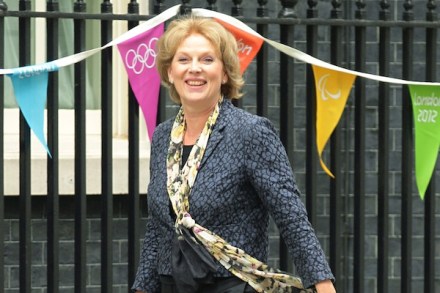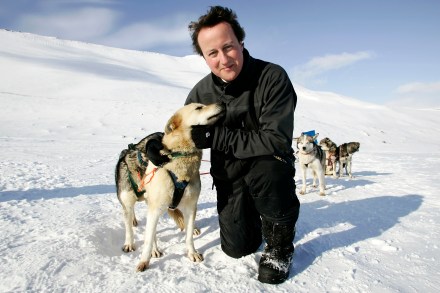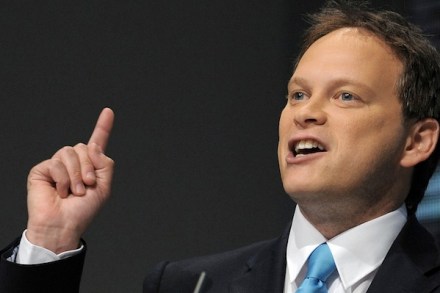The View from 22 — Sex and success, Conservative vs. Labour unity and the two-wheeled tyranny of cyclists
What do Margaret Thatcher, Sheryl Sandberg and Angela Merkel have in common? They are the ultimate alpha-female icons, according to Alison Wolf. In this week’s Spectator cover feature, Alison examines the ultra-competitive female elites who are pulling ahead and leaving the rest of the ‘sisterhood’ behind. On this week’s View from 22 podcast, the Spectator’s deputy editor Mary Wakefield discusses with Alison what makes an alpha female, why they are only interested in alpha males and how feminism is response for this new divide. Melissa Kite and Gary Lingard also debate whether the world now revolves around cyclists. In this week’s magazine, Melissa argues that beautiful country paths should stop be turned into tarmac cycle routes. But Gary Lingard, the former


















